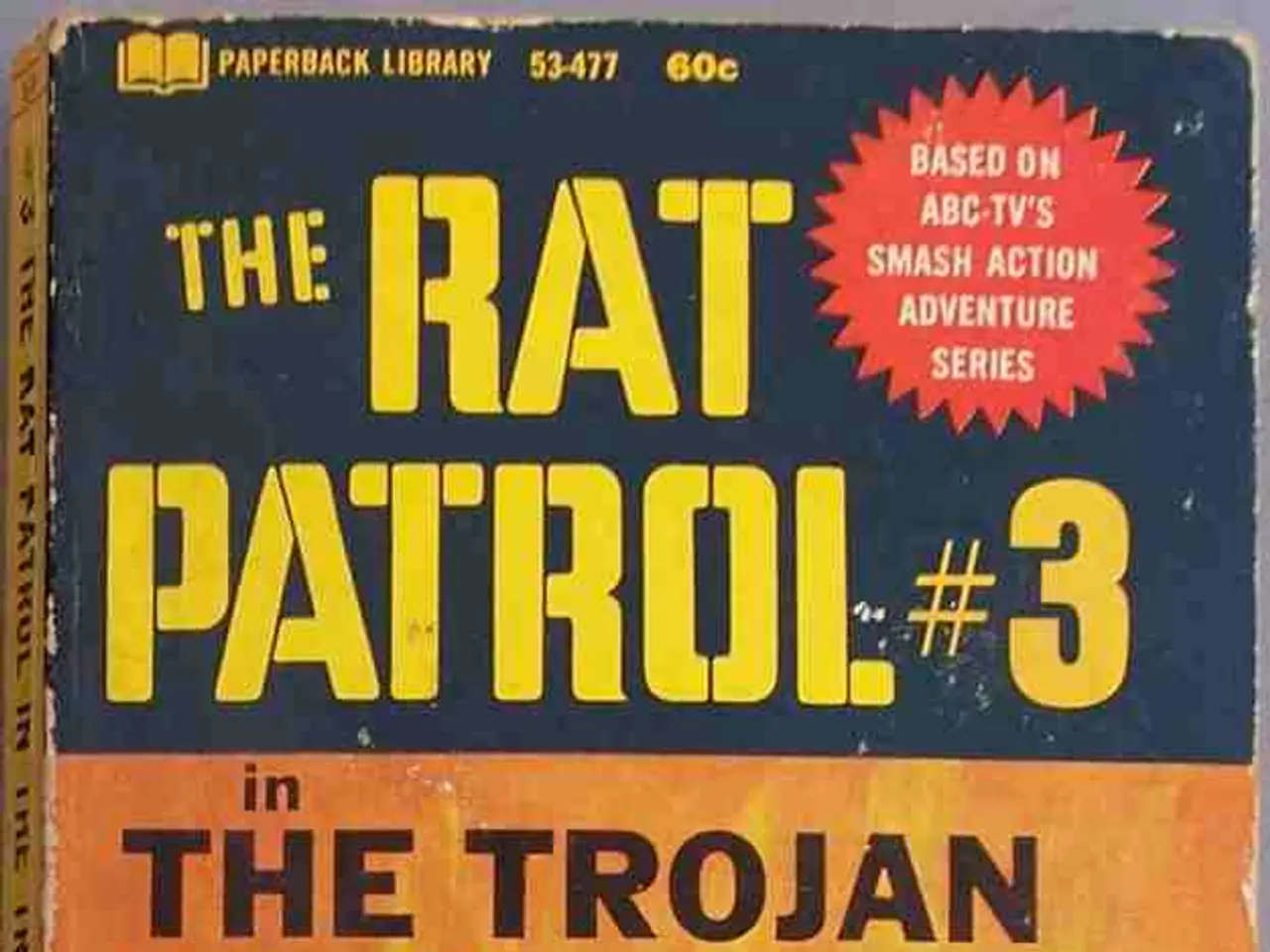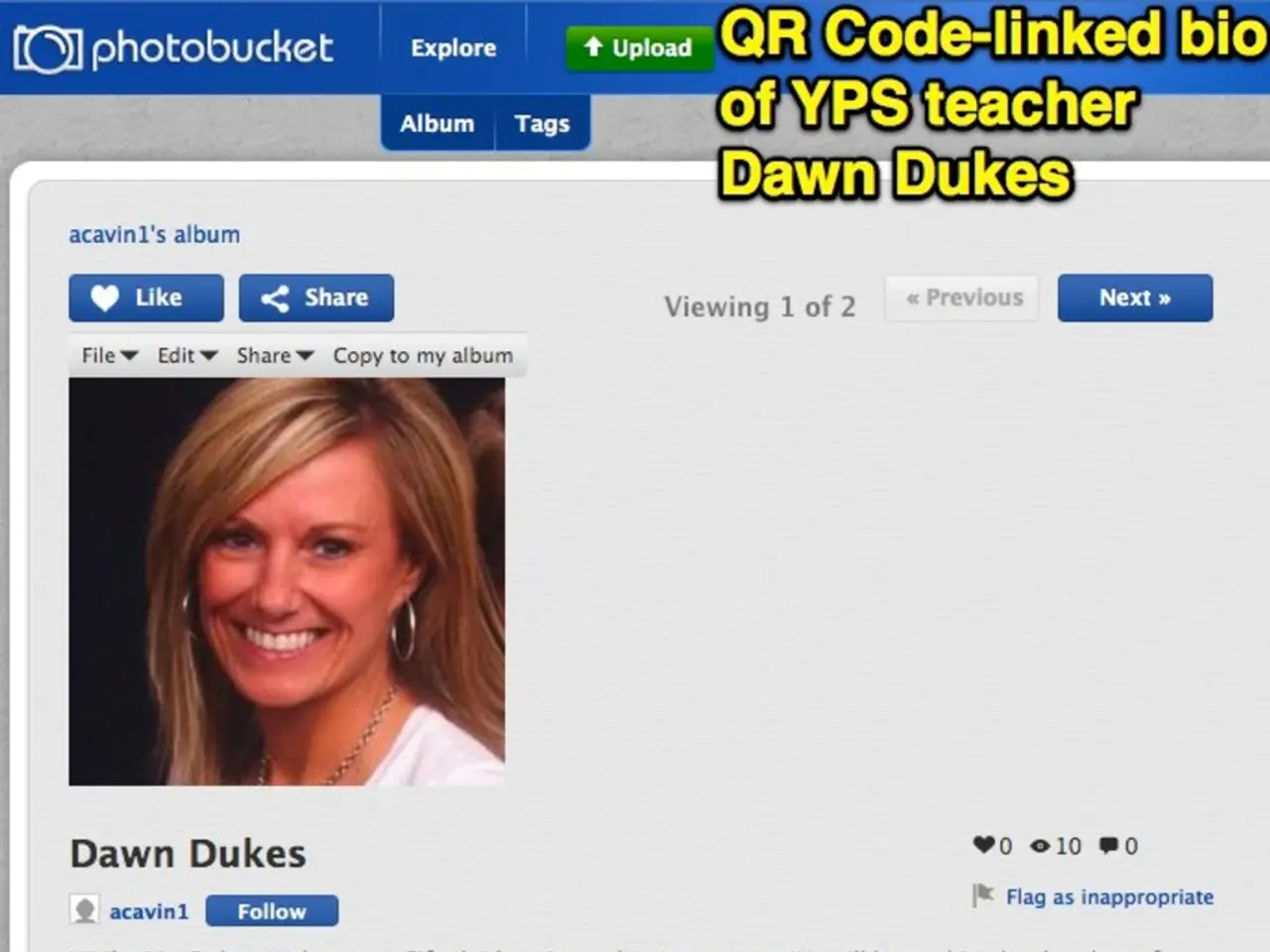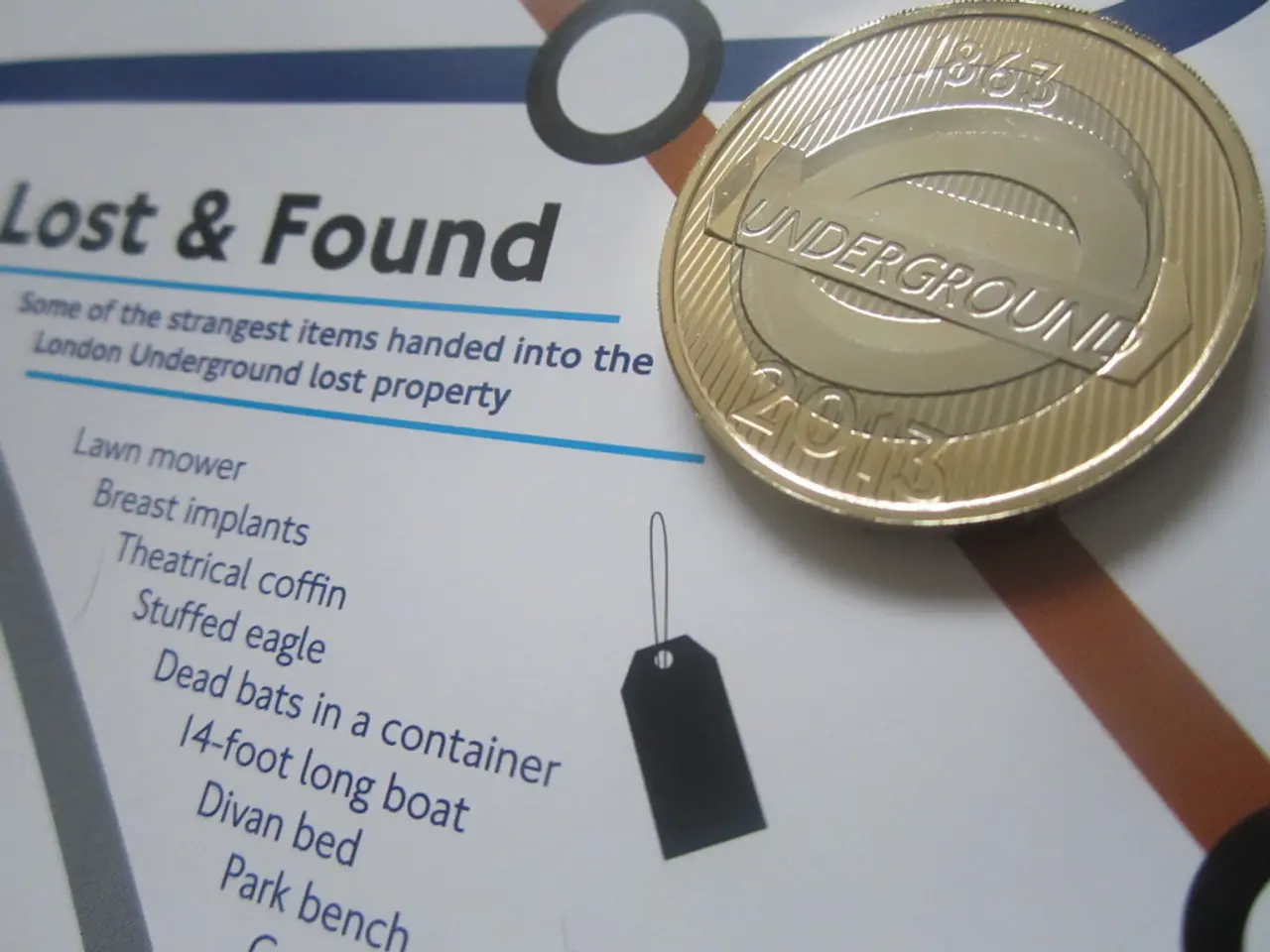Adjusted Timeline for Issuance of Gambling Licenses by Italian Authorities
Italy is set to undergo a significant transformation in its online gambling sector, with the planned award of 50 new online gaming licenses by the end of 2024. This reform, overseen by the Agenzia delle Dogane e dei Monopoli (ADM), marks a major restructuring aimed at enhancing legality and transparency in the market.
Key changes in the framework include a large tender for new licenses, extended licence duration, and strict regulatory oversight. The licences, priced at €7 million each, will span nine years, providing stability but also a significant financial commitment for operators. The regulatory approach remains rigorous, with Italy already recognized for having one of the EU’s most contemporary and competitive gambling regimes.
The timeline for approving new online gambling licenses has been adjusted, with the process now explicitly tied to this fixed tender cycle. This shift from an incremental or ad hoc approval process to a structured and consolidated licensing window may slow spontaneous issuance of new licenses outside this auction.
The high license fees and ongoing taxation obligations create a costly barrier to entry, which may narrow the pool of operators but could improve market quality and government revenues. Italy’s regulatory framework does not yet explicitly address cryptocurrencies in gambling, resulting in a regulatory gray zone, but the market is adapting to these emerging technologies under current EU guidelines and Italy’s existing laws.
Broader EU regulatory requirements, such as GDPR for data protection and other EU directives for transparency and consumer protection, also influence operator obligations beyond licensing alone.
The ADM has announced the extension of the licence approval process due to the complexity of the current tender process and the extensive verification required under the revised regulatory framework. After receiving their concession, operators will have 35 days to finalise documentation and must launch operations within six months. Operators receiving approval must complete several steps by the November deadline, including making the first payment, securing ADM certification for their gaming account tracking systems, and publishing a certified .it domain for their platforms.
A total of 52 licence applications from 46 companies have been submitted, representing strong market engagement despite heightened regulatory requirements. Notable applicants include Flutter Entertainment and Lottomatica, each applying for the maximum allocation of five licences, as well as other international and domestic brands such as Novomatic, Eurobet, Betpoint, Stake, DAZN Bet, Marathonbet, Cirsa via E-Play24, Winamax, Evoke with William Hill and 888, Betsson, bet365, Stanleybet, and LeoVegas.
The licensing fees have already surpassed initial forecasts, generating €365 million instead of the projected €300 million to €350 million. The second stage of approvals, beginning in November 2025 and running through March 2026, will involve integration testing, large-scale account migration, cybersecurity assessments, and final preparations for full market activation under the updated rules.
Under the new regulations, players will receive real-time notifications displaying the total amount wagered and session duration. The updated framework also introduces new requirements aimed at promoting responsible gambling and operational transparency, such as advanced self-limitation tools and stricter bonus offer rules. The regulated Italian gambling sector is projected to reach an annual GGR of €5.5 billion by 2026.
- The new regulatory framework in Italy's online gambling sector emphasizes responsible gambling, extending to include advanced self-limitation tools and stricter bonus offer rules.
- Operators, after receiving their concessions, must follow a series of steps by the November deadline, such as making the first payment, securing ADM certification for their gaming account tracking systems, and publishing a certified .it domain for their platforms.
- In the Italian gambling market, the introduction of real-time notifications displaying the total amount wagered and session duration is a new requirement aimed at promoting transparency.
- Despite the heightened regulatory requirements, the Italian online gambling market has seen strong engagement, with a total of 52 license applications from 46 companies, including international brands like Flutter Entertainment, Lottomatica, Betsson, bet365, and LeoVegas.
- Operators in the Italian gambling market, which is projected to reach an annual GGR of €5.5 billion by 2026, may want to consider strategic investments such as in the stock market or real estate, as the costly regulatory landscape may require substantial financial commitments.




